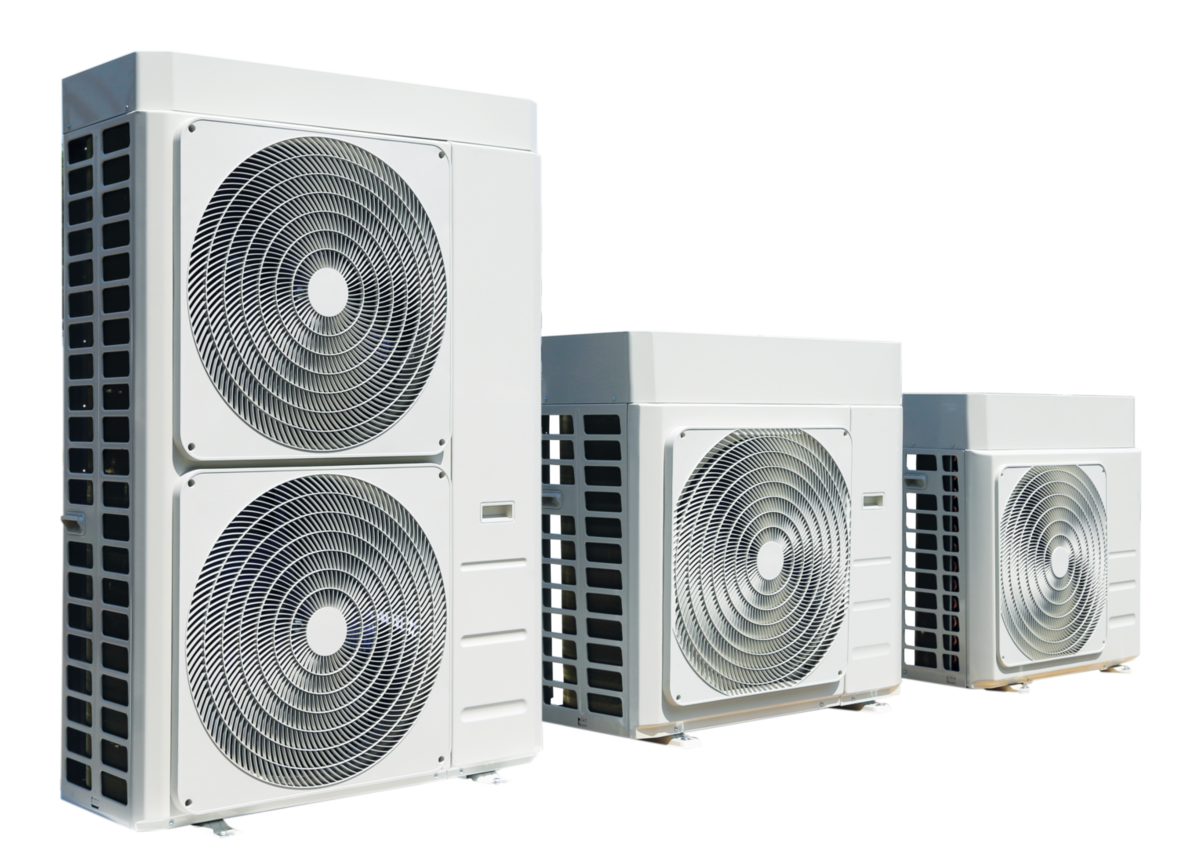
Rinnai has initiated a series of focus groups with the intent purpose of finding the heating and hot water delivery industry’s real concerns in implementing a clear practical, technical, and economic pathway to NetZero decarbonisation. Rinnai will be hosting a series of focus groups to discuss the legislative, technical, and practical difficulties current decarbonising aims are creating for contractors and installers, and further refine the hydrogen, hybrid and heat pump solutions.
Says Rinnai Operations Director Chris Goggin: “We are all aware of the current constraints we have in striving to NetZero – the ongoing Ukraine War and global hikes in energy prices, in our view and that of the focus groups, so much confusion is arising from the fact that the UK Government has not given any true leadership other than make a legal commitment to NetZero. That is not a criticism just for the sake of it – we absolutely must achieve the goal of NetZero, but it must be with the practical, economic, and technical solutions fully appreciated in providing heating and hot water to a housing stock of 22 million homes and the same number of commercial & industrial buildings.
“We have instigated our focus groups to give a voice, a talking and discussion platform for the range of professionals involved, daily, in the installation & specification of heating and hot water technology and systems.”
The focus groups showed that hybrid systems including heat pumps are presently a highly relevant value proposition regarding current installation projects, especially for retrofit arrangements.
The groups have also demonstrated that contractors are looking at all aspects of heat pump technology. The options include COP (Coefficient of Performance), SPF (Seasonal Performance Factor), or SCOP (Seasonal Coefficient of Performance). COPs (Coefficient of Performance) were seen as being of greatest importance when considering heat pump technology. The group also agreed that SPF should be the preferred method of calculating system performance as this was a truer reflection of reality.


Another discussion point focused on the key issues contractors and consultants encountered when designing and installing commercial heating & hot water provision systems. A lack of time and design constraints were stated as being most important.
Groups agreed that manufacturers can improve their support to consultants with several additional options: design support, carbon modelling, turnkey solutions, CPD’s, capital expenditure modelling and operational modelling. Technical support on and off site was another area of concern.
Major anticipated challenges facing the industry in 2023 were market uncertainty, expected downturn in business, regulations and legislation, workforce skill and a lack of products. All members of the focus group registered varying levels of concern. However, market uncertainty, expected downturn in business alongside rules and regulations were given greater emphasis.
“Rinnai has started these groups so that we can share views and experience in gaining better outcomes for all of us working towards NetZero and we need to understand the current concerns within the market held by educated and seasoned professionals. Rinnai will use this information to refine and adapt products and services that provide a clearer path towards NetZero for all our mutual customers.
For more information on the RINNAI product range visit www.rinnaiuk.com
